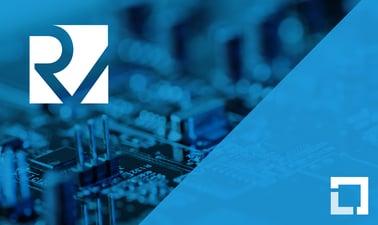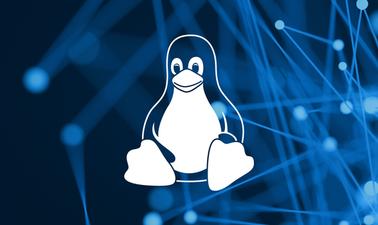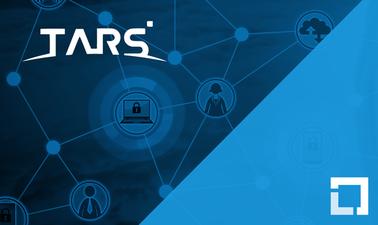Microcontroller Applications with RISC-V (edX)
Categories
Effort
Languages
Create simple embedded applications with a RISC-V microcontroller using a user-friendly integrated development environment (IDE). This course provides some basic experience in designing and developing deeply embedded bare metal applications using a microcontroller with a RISC-V core. The course is the first step to creating embedded systems using a [...]
Self Paced











![Computer Architecture with an Industrial RISC-V Core [RVfpga] (edX)](https://www.mooc-list.com/img/node-17700.jpg)